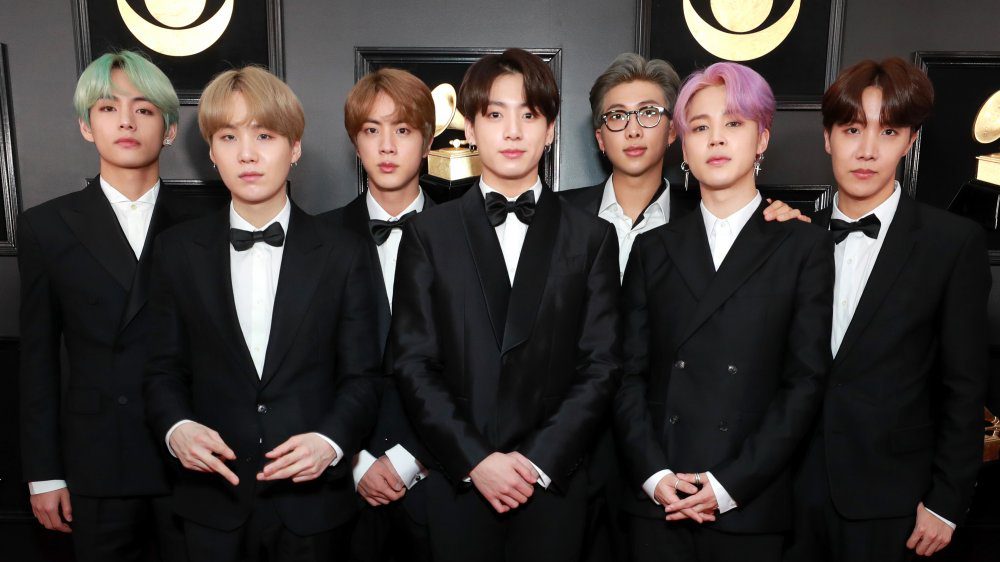
Photo- Rick Fury/Getty Images
The Rise of K-pop: Exploring the Global Phenomenon
With its catchy songs, and bright graphics, K-pop, has transformed from a niche music in South Korea to a global cultural force.
16 January 2025
K-pop has become one of the most important and influential movements in contemporary music during the last 20 years, overcoming linguistic and cultural obstacles.
K-pop's origins may be found in the early 1990s, when groups like Boys and Seo Taiji introduced Korean fans to pop and hip-hop in the Western style. This signalled a change in the Korean music scene by fusing regional influences with international fashions. First-generation idols like H.O.T., S.E.S., and BoA laid the groundwork for the multibillion-dollar business by the late 1990s and early 2000s. The highly polished and painstakingly manufactured K-pop of today was made possible by these performers, who were overseen by entertainment behemoths like SM Entertainment and YG Entertainment.
K-pop is unique because of its diverse appeal. The genre is an experience that has been carefully chosen; it is more than just music. K-pop musicians exhibit an unmatched level of skill and accuracy in everything from their grandiose live performances to their visually breathtaking music videos. A combination of catchy songs, likeable members, and clever use of social media has helped groups like BTS, BLACKPINK, and EXO become well-known all over the world.
Aspiring idols go through rigorous training in singing, dancing, and even foreign languages as part of the K-pop industry's tough training system. This commitment guarantees that K-pop idols are polished performers prepared to compete on the international scene by the time of their debut.
Perhaps the most well-known illustration of K-pop's worldwide impact is BTS. The group has actively participated in social and cultural discussions in addition to redefining the parameters of success for a non-English speaking act with chart-topping albums like Map of the Soul: 7 and BE. They have gone beyond being pop stars to become global advocates for positive change because of their support of mental health and collaborations with groups like UNICEF.
Conversely, BLACKPINK has become a major force in both music and fashion. By performing at Coachella and working with international labels like Chanel, the group has solidified its status as a pioneer in both music and fashion.
The success of K-pop is another evidence of the influence of fans. Bands such as TWICE, Stray Kids, and ATEEZ have devoted fan communities that support their idols with unparalleled zeal. Armed with social media and streaming services, these fans have been instrumental in the globalisation of K-pop, putting on charity drives, trend campaigns, and streaming parties in the names of their heroes.
Beyond only music, K-pop has exposed audiences throughout the world to Korean culture, igniting their curiosity in everything from language and film to cuisine and fashion. The global interest in South Korea has increased due to the popularity of K-dramas and films like Parasite and Squid Game, which has a positive knock-on effect on the entertainment sector.
K-pop has its share of difficulties despite its popularity. The industry has come under fire for its strict contracts, lack of personal freedom, and extreme pressure on idols. Discussions concerning the welfare of artists inside the system have been triggered by several incidents involving mental health problems and exploitation.
But just as the industry changes, so does the conversation about these problems. More flexible contracts and mental health care are among the measures to assist idols better.
K-pop's future appears more promising than ever as it keeps expanding. The genre is showing no signs of slowing down, with newer bands like NewJeans and TXT finding worldwide popularity and second and third generation groups like SHINee and Girls’ Generation continuing to make waves.
K-pop is becoming more than just a type of music; it's a global cultural phenomenon that brings people together. It has become a major force in the music industry thanks to its unique fusion of creativity, talent, and fan-driven fervour, demonstrating that music is a truly global language.
In addition to changing the global music scene, K-pop's rise is redefining what it means to be a worldwide cultural force.






